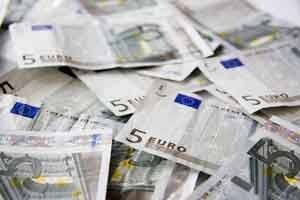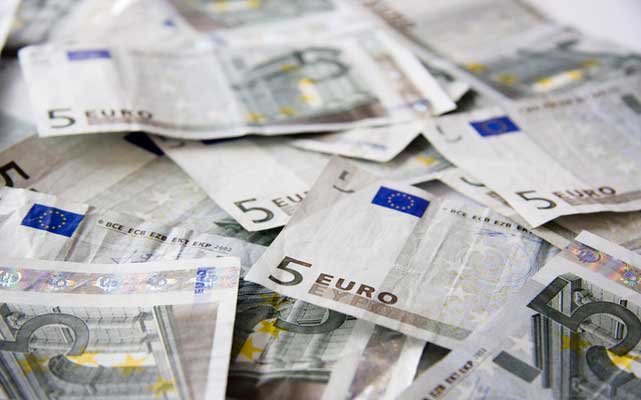GBP/EUR Slips As BoE June Cut Expected


The Pound Euro (GBP/EUR) exchange rate weakened over last week’s trade, amid shifting central bank interest rate cut bets.
At the time of writing, GBP/EUR traded at around €1.1677, showing minimal movement from Friday’s opening rates.
Pound (GBP) Exchange Rates Volatile amid Sticky UK Inflation Data
The Pound (GBP) began last week trading in a mixed capacity, as a lack of impactful data releases left Sterling to trade in line with the market mood. This allowed it to rise against weaker rivals.
Tuesday saw GBP rocked by the latest UK unemployment data. Unemployment increased above forecasts, while wage growth continued to slow. However, as real wage growth hit a two year high, the Pound managed to remain afloat.
The latest batch of UK inflation initially prompted the Pound to tick upward on Wednesday, as inflation cooled less than expected. This prompted markets to delay their existing interest rate cut bets. However, dovish remarks from Bank of England (BoE) Governor Andrew Bailey reversed this, and undermined Sterling.
This sentiment continued to pressure Sterling throughout Thursday’s session, amid another lull in data releases.
On Friday, March’s UK retail sales data proved disappointing and indicated stagnant sales. With prices still rising, UK consumers showed signs of fading spending which weighed on the Pound.
Euro (EUR) Exchange Rates Dented by June Rate Cut Bets
The Euro (EUR) began last week on poor footing, amid dovish commentary from European Central Bank (ECB) policymakers. This prompted renewed speculation that the ECB would begin to cut interest rates in June, hampering the common currency. However, its losses were somewhat offset by a recovery in Eurozone industrial production during February.
An improvement to the latest ZEW German economic sentiment index supported EUR on Tuesday. Optimism grew for the ninth consecutive month, resulting in a rise to its highest level in over two years.
Wednesday saw the common currency undermined by the final Eurozone inflation print. As this confirmed a 28 month low in Headline inflation, this served to further lift bets on a June rate cut, denting the Euro.
ECB Vice President Luis de Guindos further increased these bets on Thursday. In a speech, de Guindos clearly signalled that the central bank will likely begin to cut interest rates in June, which weighed on EUR.
On Friday, the Euro traded in a limited capacity, despite German PPI cooling less than expected in March.
Pound Euro (GBP/EUR) Exchange Rate Outlook: UK Data in Focus
Looking over the week ahead for the Pound, Monday brings two sets of data releases from the Confederation of British Industry (CBI) which could sway its direction.
The latest business optimism index for the second quarter of 2024 is forecast to show an improvement in business confidence, which could strengthen Sterling. This could be offset by a negative industrial trends orders print, which is forecast to come in at -16.
Then, the latest slate of UK preliminary PMI releases for April are due to print on Tuesday. Markets currently forecast both the manufacturing and service sectors to have seen an uptick in activity on a monthly basis, which could strengthen Sterling by suggesting continued economic resilience.
Thereafter, data releases are set to taper off, which could prompt the Pound to trade without clear direction over the rest of the week’s session.
For the Euro, the latest preliminary PMI readings for April are also due to print on Tuesday. Much like the UK’s readings, both manufacturing and service sector indexes are expected to show improving activity. However, any gains may be limited if the Eurozone’s manufacturing sector remained in contraction.
Then, the latest Ifo business climate index for Germany is due to print on Wednesday. The reading is forecast to tick higher from 87.8 to 88.9, which may lift EUR.
Finally, the latest GfK consumer confidence reading is due to print on Thursday. In May, the attitude amongst German consumers is expected to remain deeply pessimistic, which could dent the Euro.
Source link






